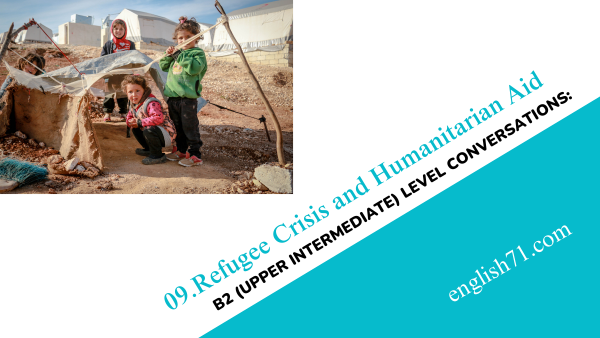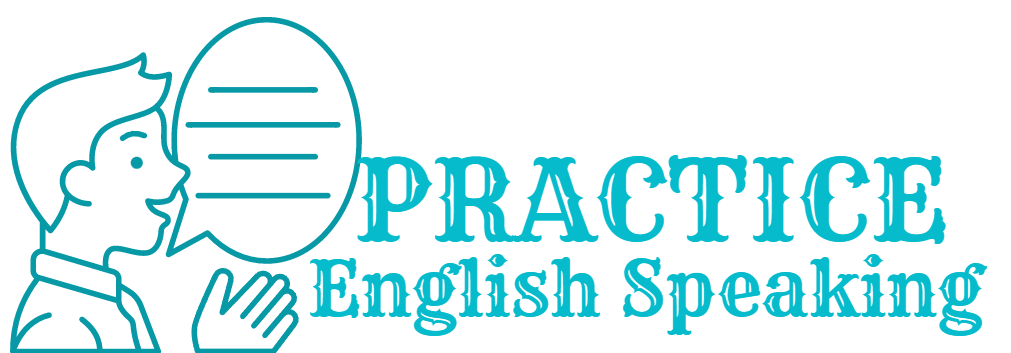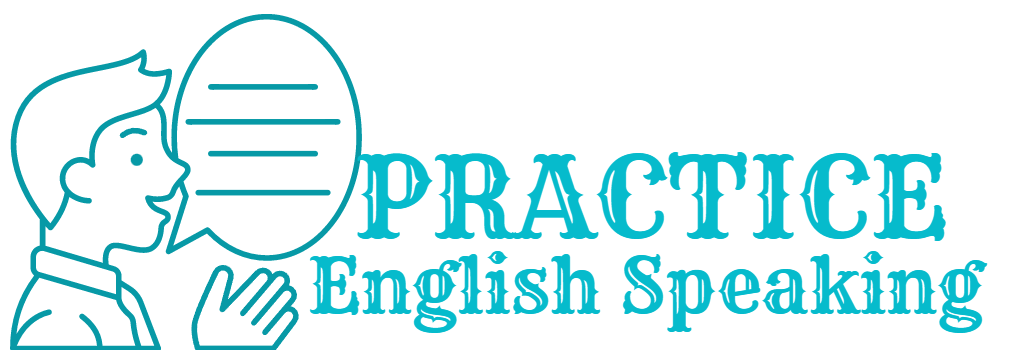B2 (Upper Intermediate) level Conversations: (9)Refugee Crisis and Humanitarian Aid

Jake: Hey Emily! Have you been following the recent developments in the refugee crisis and humanitarian aid efforts?
Emily: Absolutely, Jake. It’s a complex situation with so many people seeking safety. Did you read about the challenges in providing adequate aid to those displaced?
Jake: Yes, it’s heartbreaking. The sheer scale of the crisis and the logistical challenges make it difficult to ensure everyone gets the support they need. Have you come across any innovative approaches to address these challenges?
Emily: There are some inspiring stories of grassroots organizations leveraging technology for better coordination and delivery of aid. It’s encouraging to see communities coming together to make a difference. How do you think countries can work together more effectively to handle the crisis?
Jake: Cooperation is key. I believe countries need to collaborate not just on immediate relief but also on long-term solutions. Addressing the root causes of displacement and conflict is crucial for sustainable change. Have you seen any positive examples of countries working together?
Emily: Definitely. Some regions have shown commendable solidarity, sharing the responsibility of hosting refugees and contributing to humanitarian efforts. It’s a collective responsibility that requires a global perspective. What about the role of individuals in supporting refugees?
Jake: Individuals can play a significant role, from volunteering with aid organizations to promoting awareness and empathy. Personal connections and understanding can break down stereotypes and foster a more inclusive environment. Have you been involved in any initiatives related to refugee support?
Emily: I’ve been part of a local community program that helps refugees integrate into the community. It’s rewarding to see how small gestures can make a big impact. Do you think education plays a vital role in addressing the challenges refugees face?
Jake: Absolutely. Education is a pathway to empowerment and independence. It’s not just about providing temporary shelter; it’s about giving people the tools to rebuild their lives. Plus, an educated population contributes to the prosperity of any society. Have you encountered any stories of successful refugee integration?
Emily: Yes, I read about programs that focus on skill development and language acquisition, facilitating smoother integration. It’s inspiring to see refugees not just surviving but thriving in their new environments. How do you think media coverage influences public perception of the refugee crisis?
Jake: Media plays a significant role. Balanced and empathetic storytelling can humanize the crisis, fostering understanding. However, there’s a need for responsible journalism to avoid perpetuating stereotypes. What are your thoughts on the role of governments in shaping public opinion?
Emily: Governments can set the tone by promoting inclusive policies and challenging discriminatory narratives. When leaders emphasize the shared humanity of refugees, it positively influences public attitudes. It’s a delicate balance. Overall, there’s much work to be done, but the resilience of refugees and the dedication of those involved in humanitarian aid give me hope.
Jake: Absolutely, Emily. It’s a complex issue, but with continued collaboration and empathy, we can contribute to positive change.



Summary:
Jake and Emily engage in a thoughtful discussion about the refugee crisis and humanitarian aid. They cover the challenges of providing support, innovative approaches to aid delivery, the importance of global cooperation, and the role of individuals in making a difference. The conversation explores the need for addressing root causes, emphasizing education for empowerment, and the impact of media coverage on public perception. Both express the importance of empathy, responsible journalism, and the resilience of refugees in shaping a more inclusive and supportive global community.

